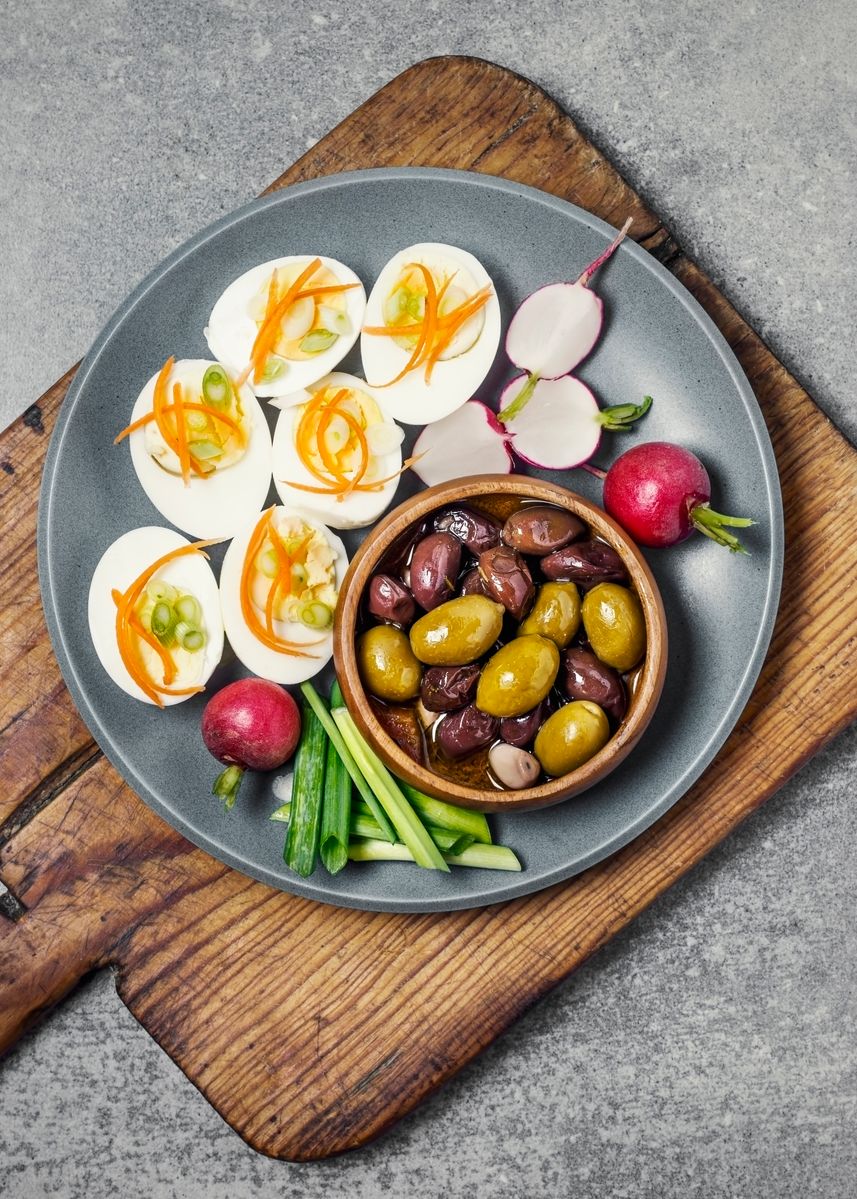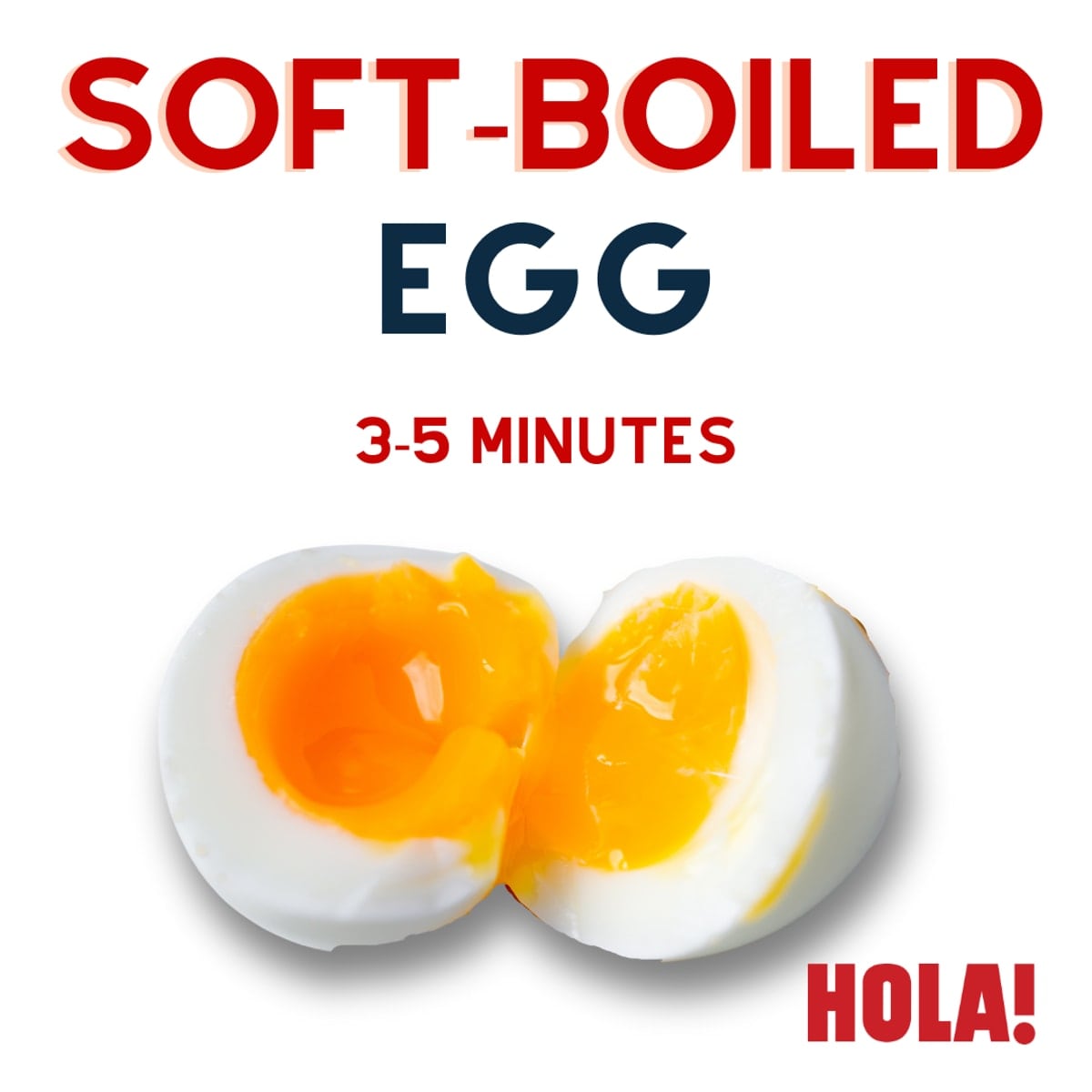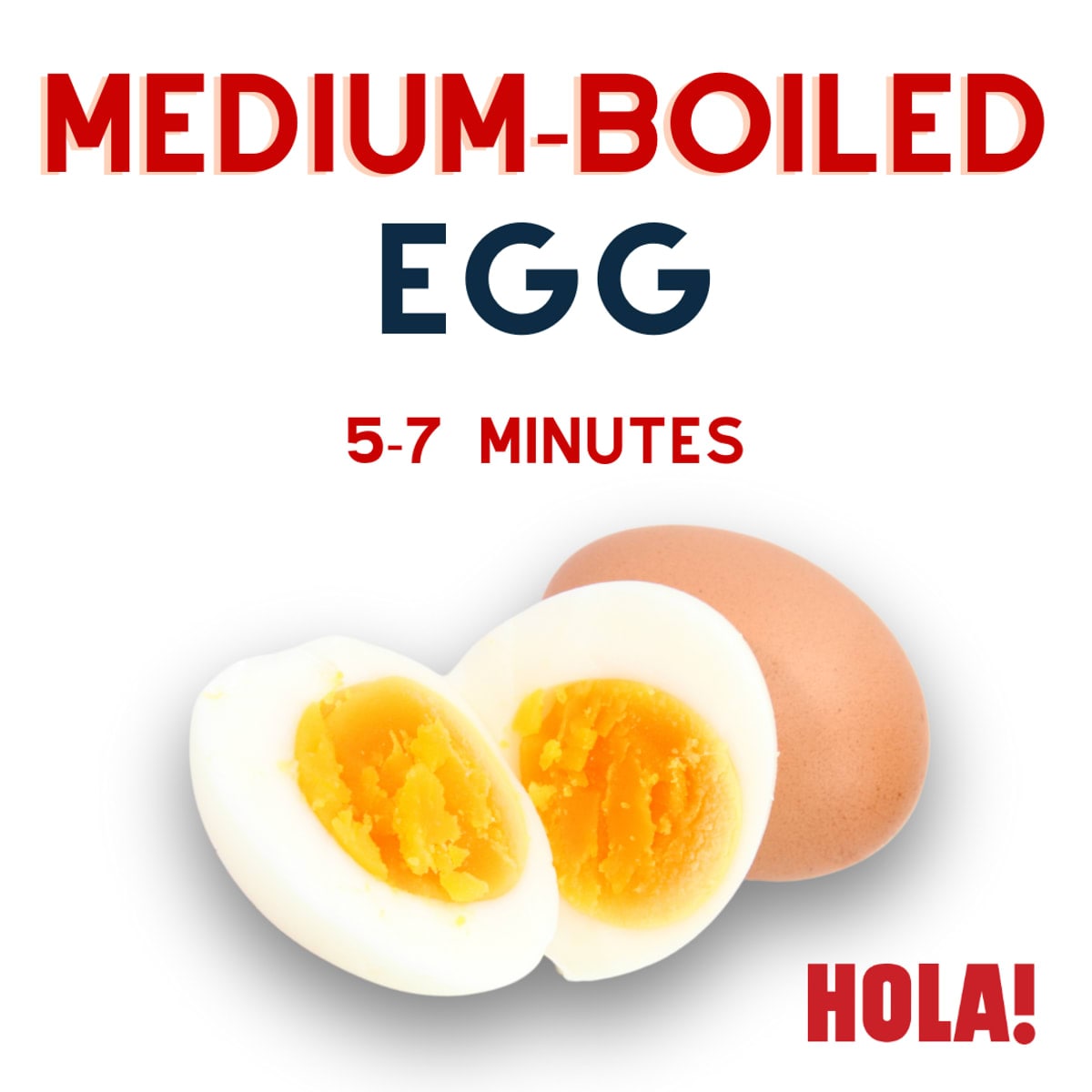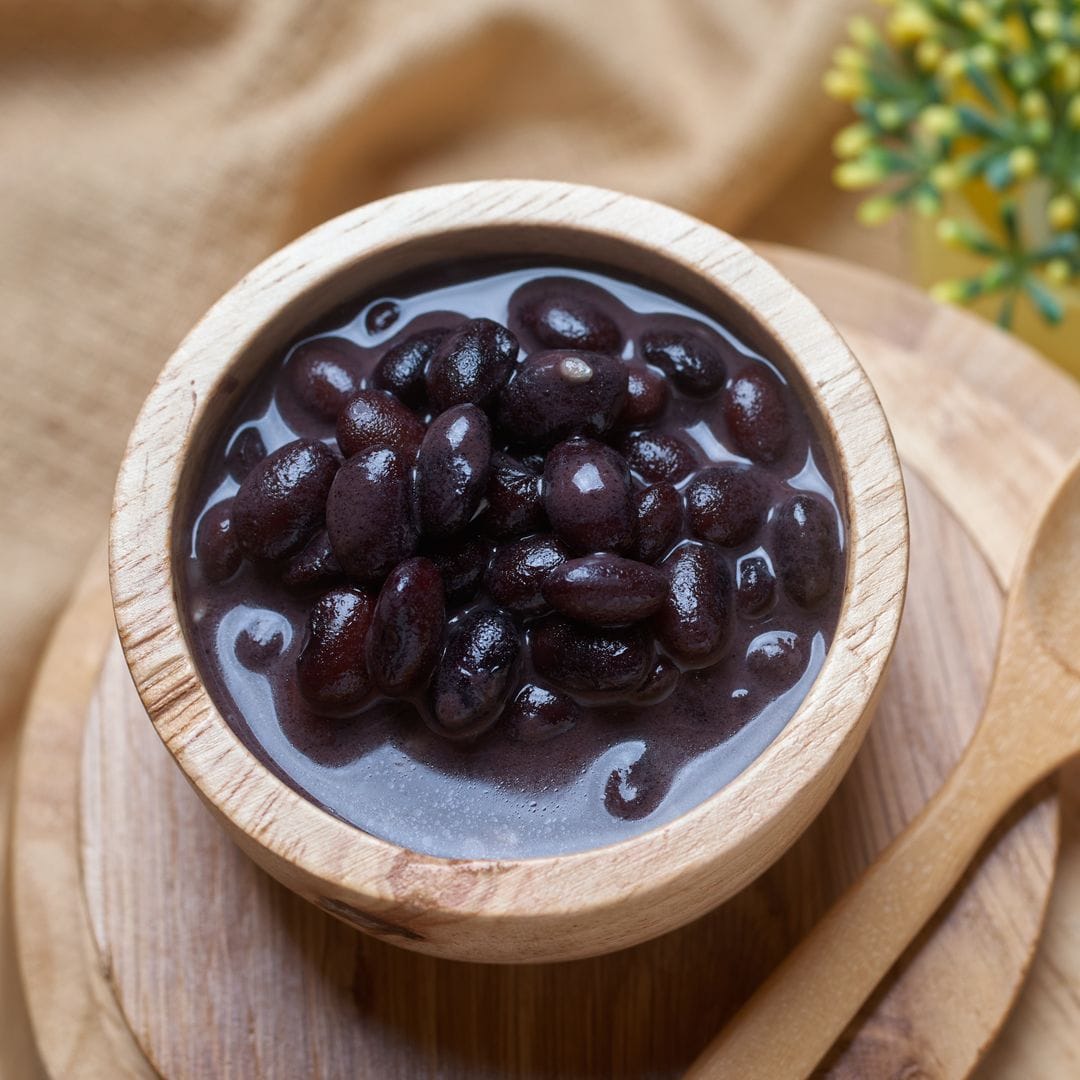Boiled eggs have their time zones in the cooking universe—soft-boiled, hard-boiled, or medium-boiled. The ticking clock decides whether your eggs are runny, solid, or strike the perfect balance. Whether you like your eggs fluffy like clouds, with a muffin vibe, or hard as a rock, the secret ingredient to exquisite results.
Before boiling the egg, keep these tips in mind
- Always use fresh eggs.
- Eggs should be at room temperature—take them out of the fridge a few minutes before if that’s where you store them.
- Completely cover the eggs with water when boiling them.
- Add the egg when the water starts to boil—and not before—and count the necessary cooking time from there.
How to Boil an Egg: The Process
In all cases, the procedure for boiling an egg is as follows:
- Place the egg in a saucepan.
- Bring it to a boil.
- Once it starts boiling, count the time depending on the doneness you want.
- Submerge it in ice water to stop the cooking.
- Peel carefully and enjoy.
This quick and easy breakfast option can be customized to your liking, and the cooking time is crucial for the perfect texture and taste. Below, you can see the different boiled egg cooking times and how they affect the final result.
,type=downsize)









